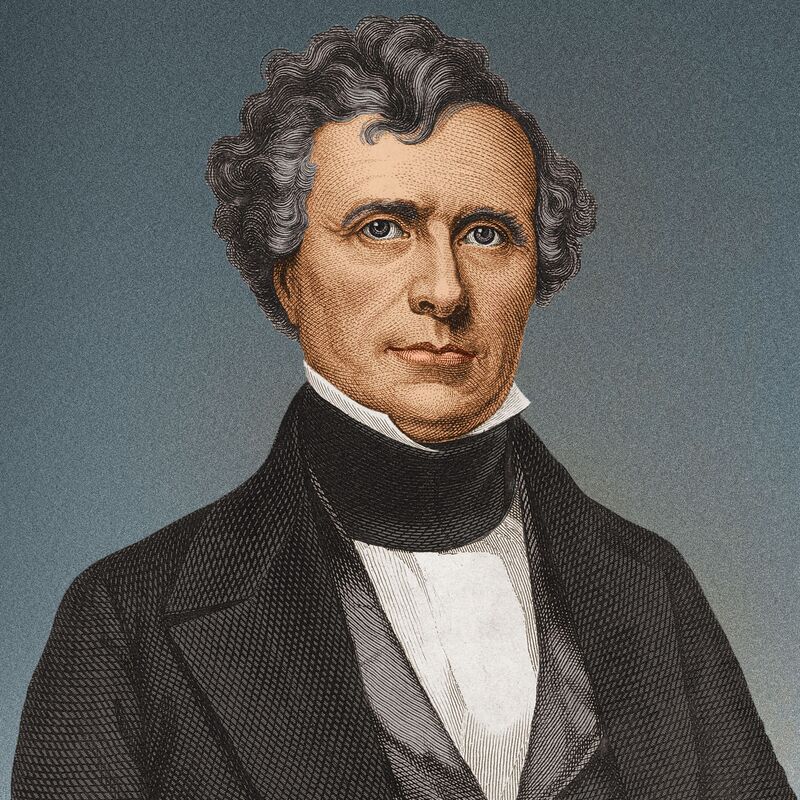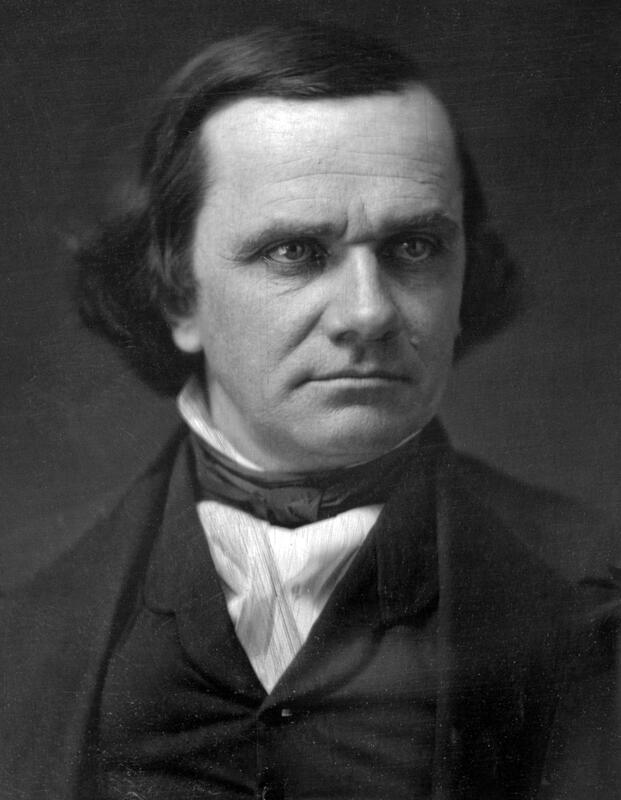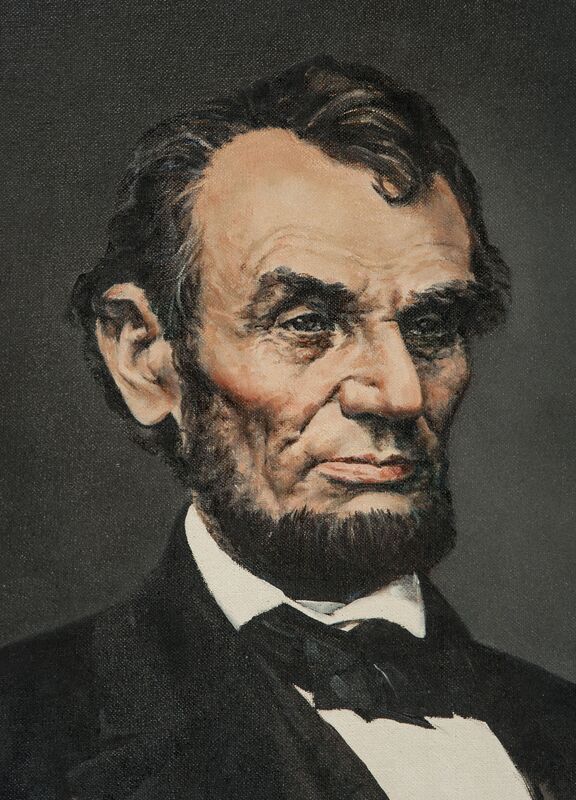American Civilization | The Road to The American Civil War
Parts Four and Five
Part Four | The Law that ripped America in two
|
President Franklin Pierce expected the Compromise of 1850 to settle the debate over slavery in the territories. The Compromise had opened Utah and New Mexico to slavery by popular sovereignty. Nevertheless, California’s admission in 1850 to the Union as a free state was bitterly contested. Both sides thought it would upset the balance of power in Congress between Free states and Slave States.
|
Contenu reservé aux membres | Member Only ContentConnectez-vous pour lire la suite | Sign in to read more
|
If you are already logged in, please scroll down. | Si vous êtes déjà connecté, veuillez descendre.
|
|
|
The Compromise of 1850, however, did not address the issue of slavery in the large Unorganised Territory of the Great Plains. Senator Stephen Douglas of Illinois hoped that the idea of “popular sovereignty” would ease the mounting tensions between the northern and southern states, and make westward expansion easier.
|
|
Douglass drafted the Kansas-Nebraska Act and introduced it in Congress in early 1854. The bill was then signed into law by President Franklin Pierce on May, 30th 1854. It created the new territories of Kansas and Nebraska and opened them to slavery by popular sovereignty. However, the law also repealed/overturned the Missouri Compromise that had outlawed slavery in all the territories north of Missouri. As a result, this act led to considerable opposition from the North; and gave rise to the creation of the Republican Party and a realignment of the political parties in the country.
|
Part Five | The Formation of the Republican Party and political realignment
|
Although Whigs were united by a shared hatred of President Andrew Jackson, the party had been divided over the issue of slavery, and many of its members were ready to reach compromises. The Kansas-Nebraska Act of 1854 was seen as the last straw that led to the collapse of the Whig Party. Anti-slavery Whigs thought that their party was not committed enough to stopping the spread of slavery. As a result, Whigs splintered into several factions, one of which became the Republican Party. Among the prominent Whigs who turned Republican was Abraham Lincoln. The Republican Party rapidly gained supporters in the North. By 1860, Southern slave States were threatening to secede if the Republicans won the presidency.
|
In the months following Lincoln’s election in November 1860, seven southern states seceded. South Carolina was the first state to declare secession from the United States. In total, eleven states withdrew from the Union. Together, they formed The Confederate States of America (also called The Confederacy), with its capital at Richmond, Virginia. Jefferson Davis (a planter, soldier and member of the Democratic Party) was elected Confederate President and served from 1961 to 1865. Not all southern states were secessionists, and some remained loyal to the Union. This was the case for Missouri, Kentucky, West Virginia, Delaware and Maryland. The United States government (The Union) rejected secession and considered the Confederacy to be illegitimate and unlawful. Hostilities began on April 12, 1861, when Confederate forces fired upon Fort Sumter – a Union military base located in South Carolina.
|
|



